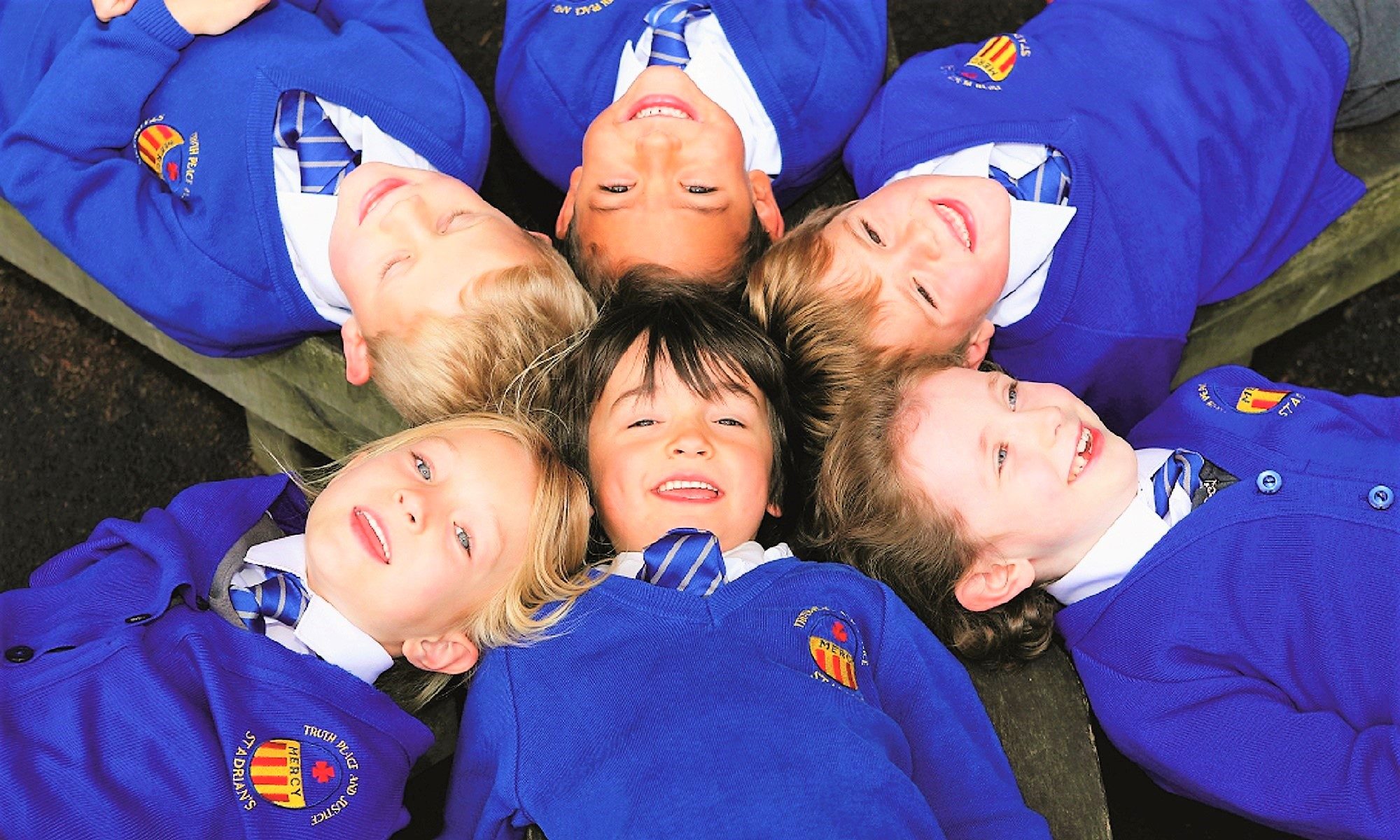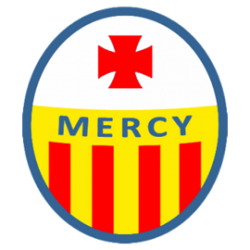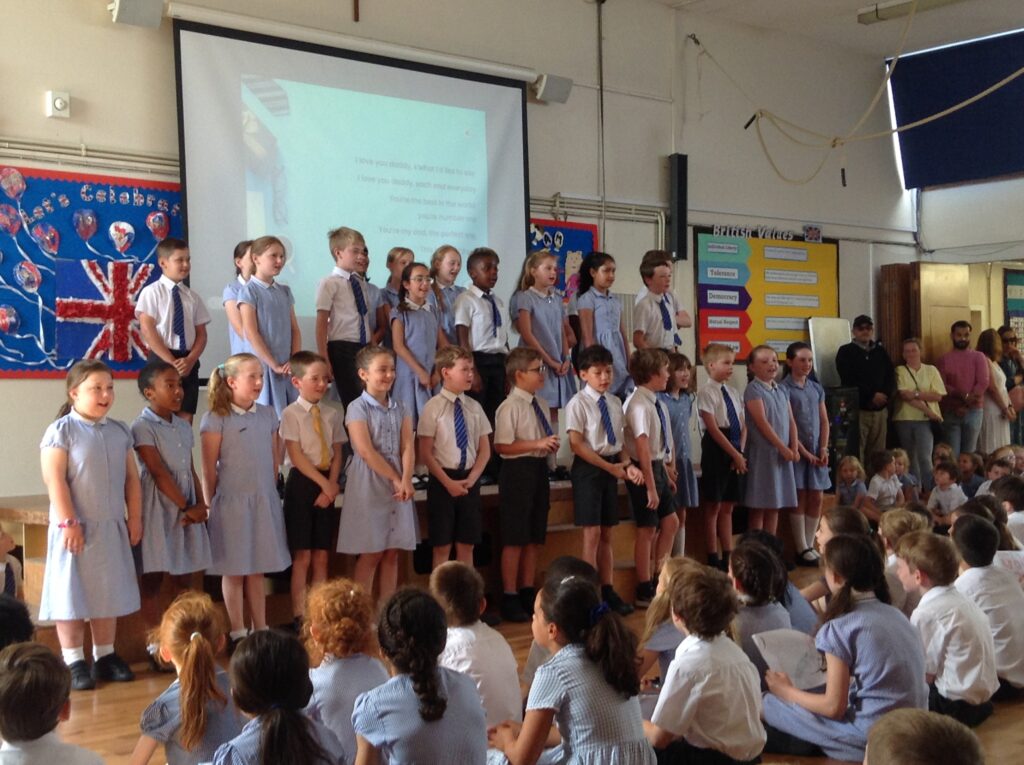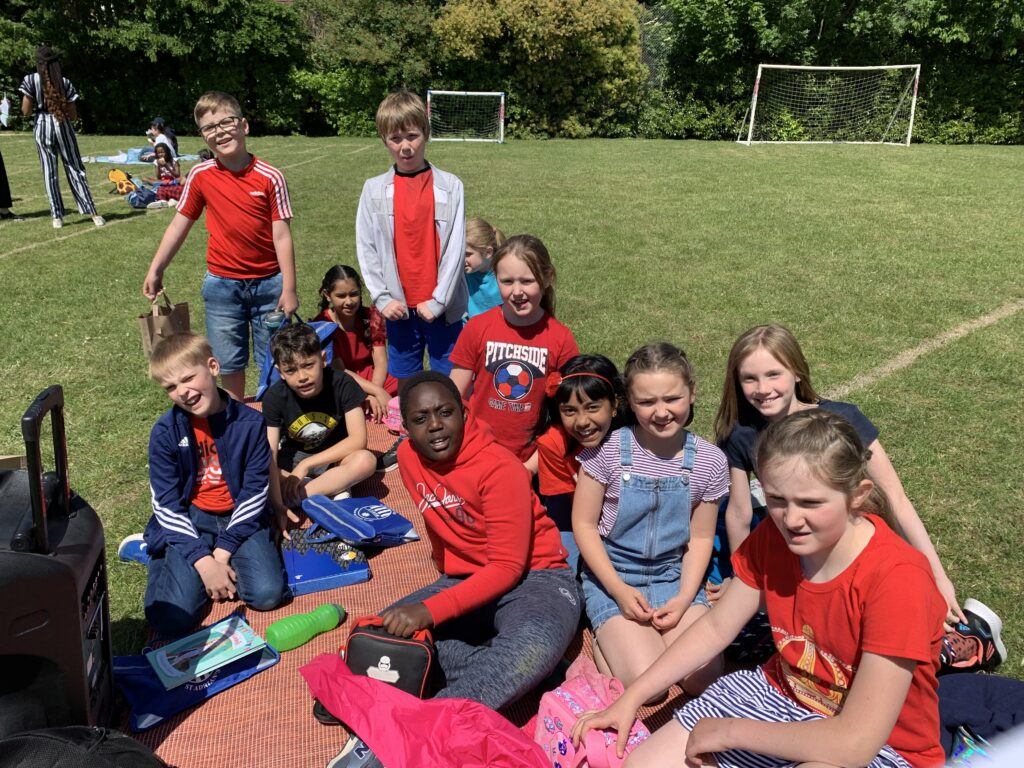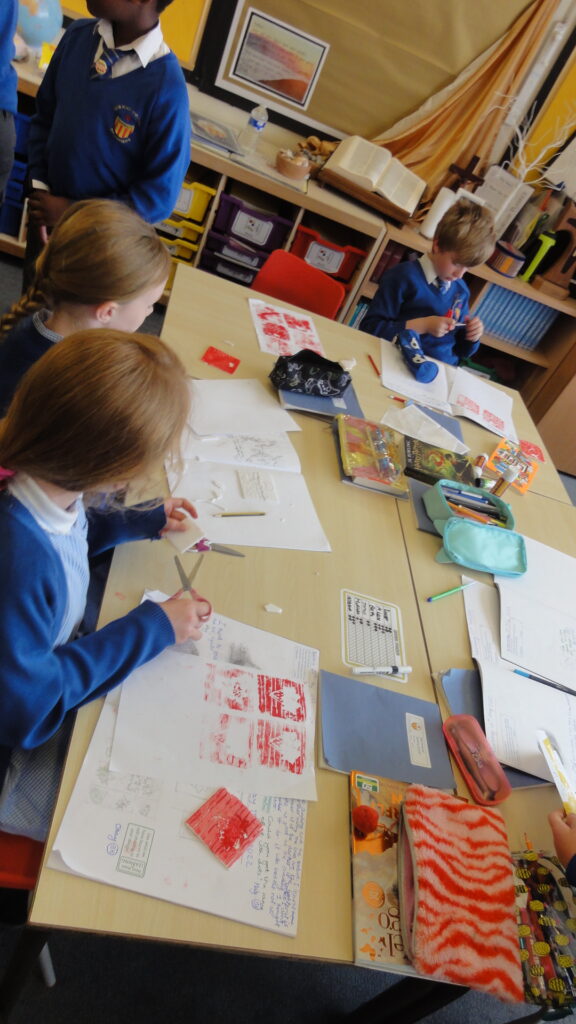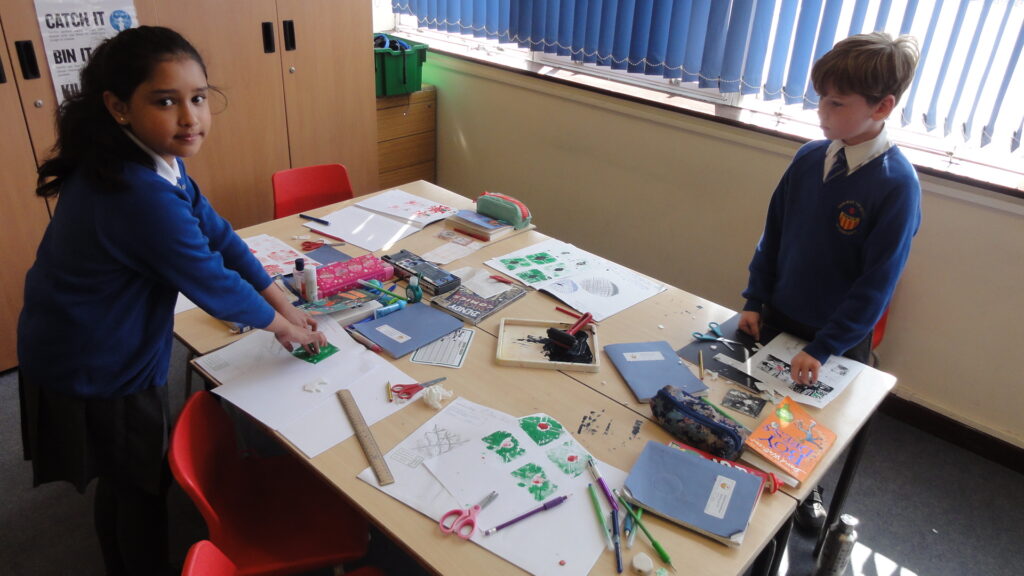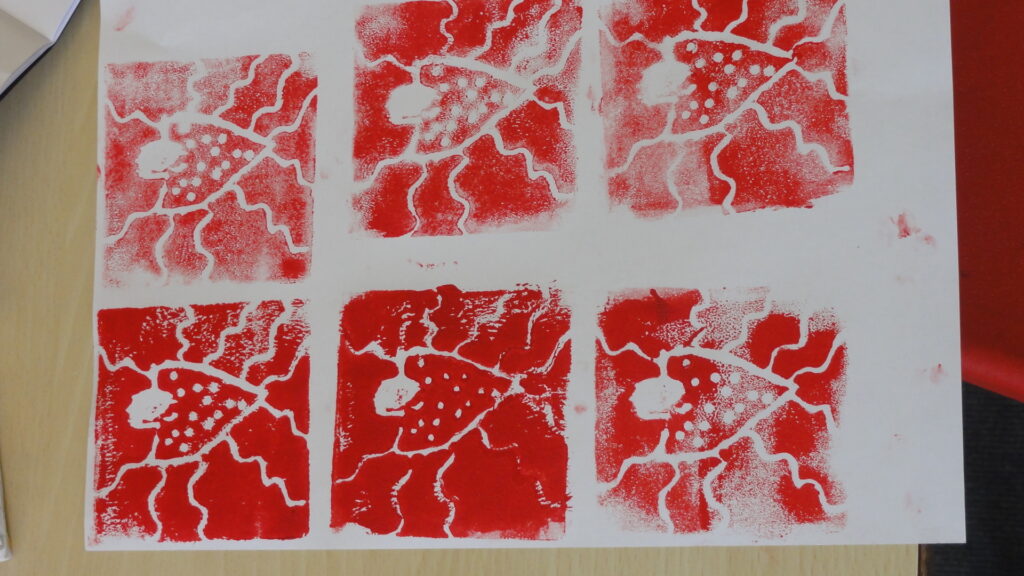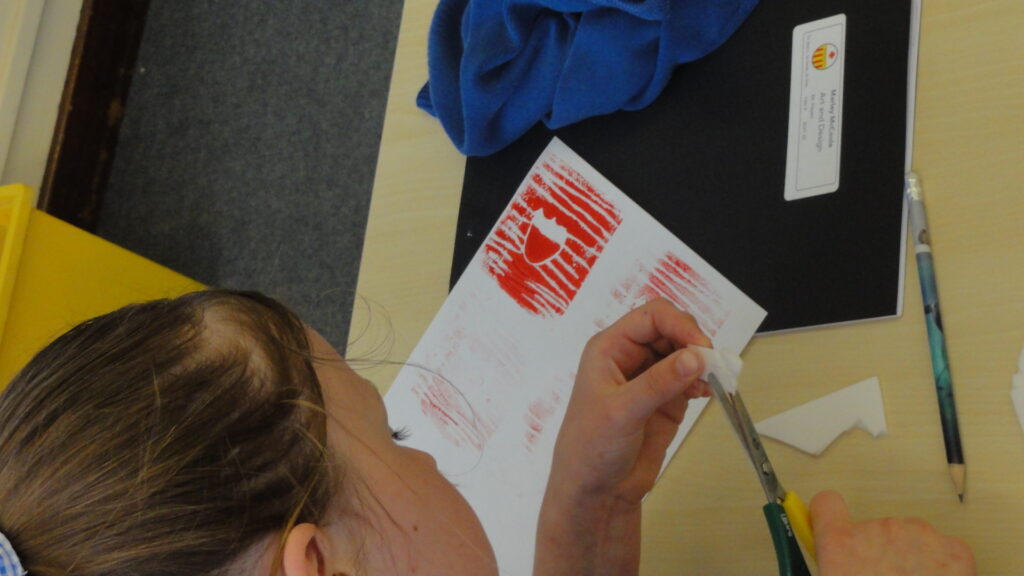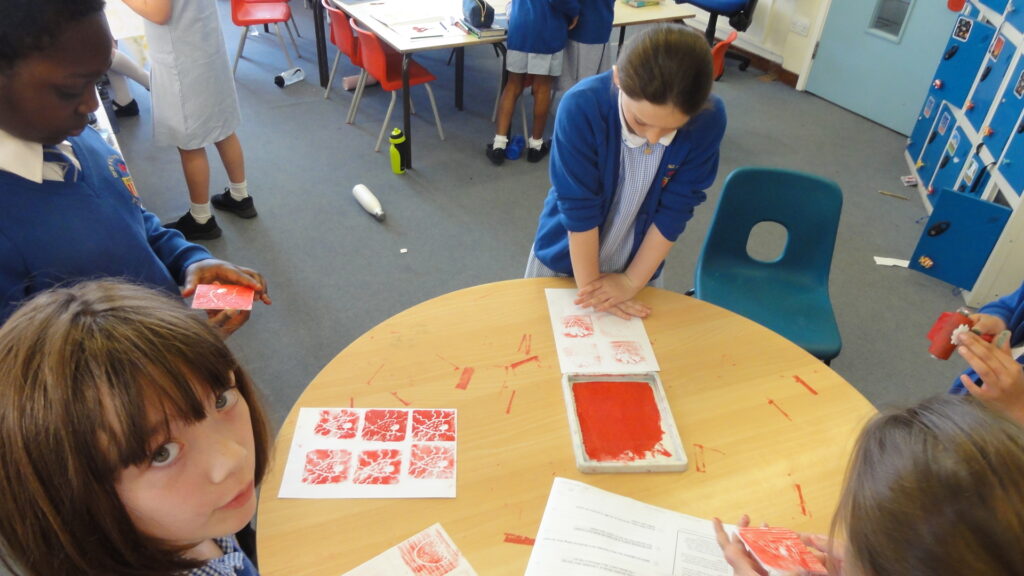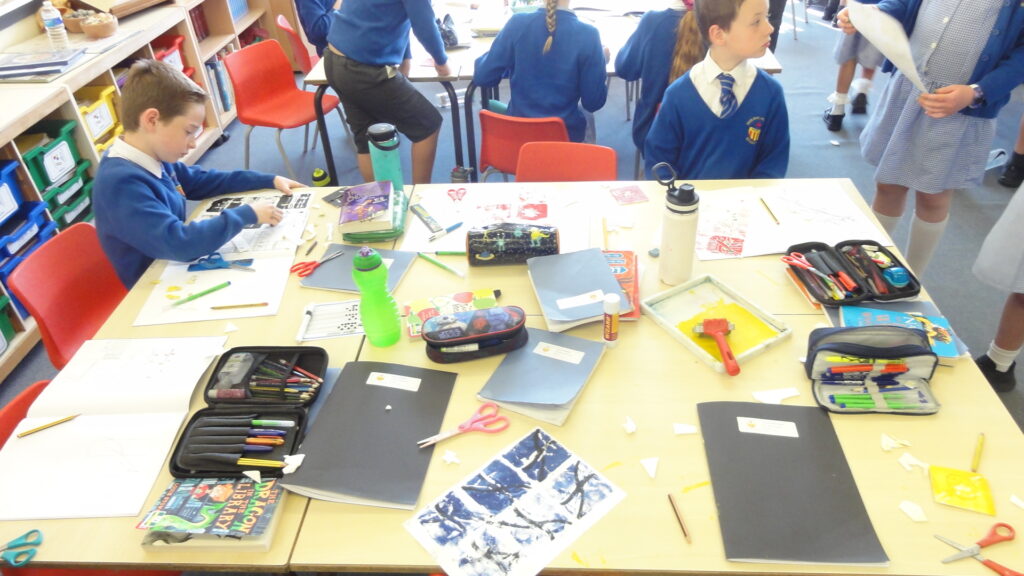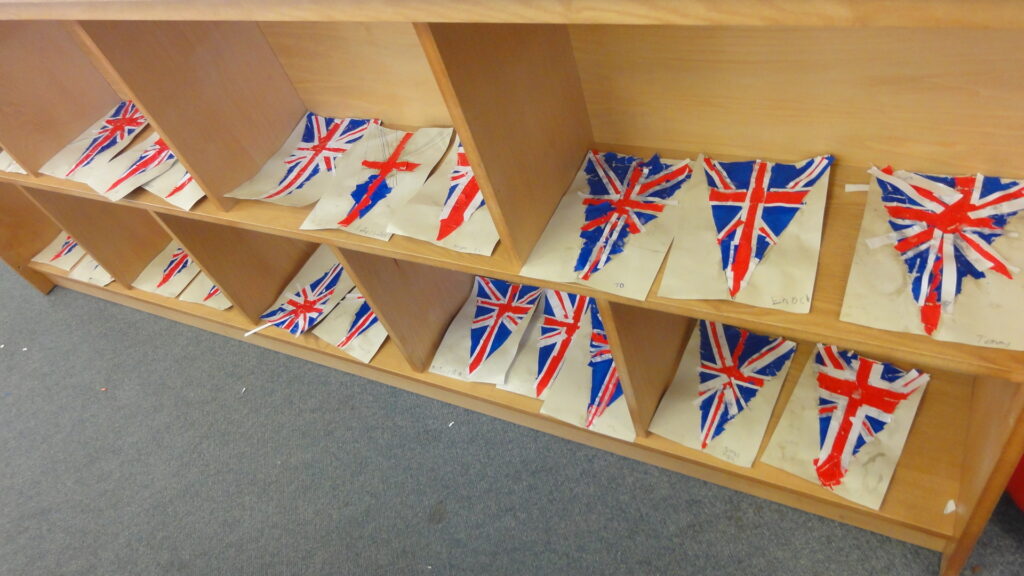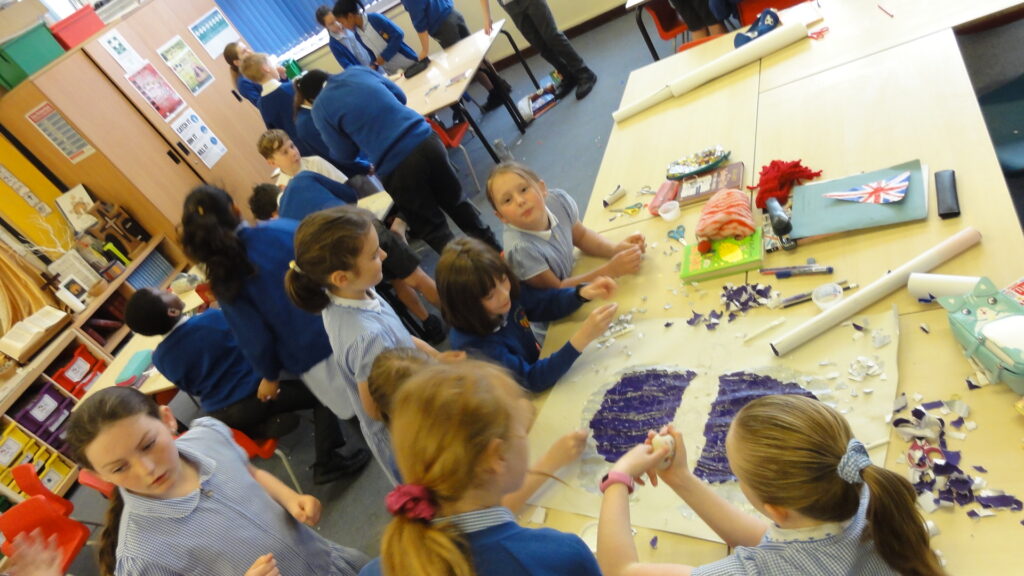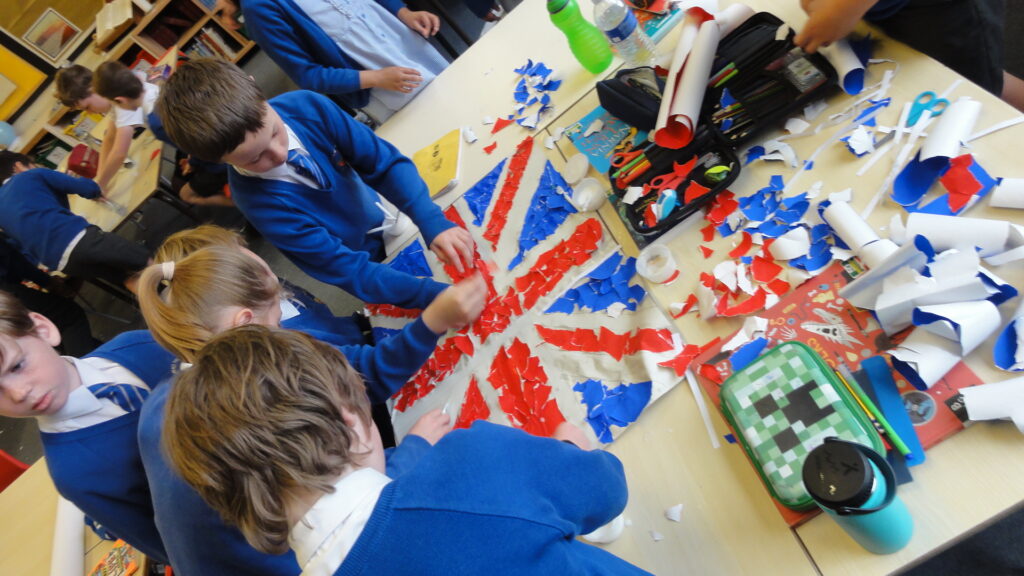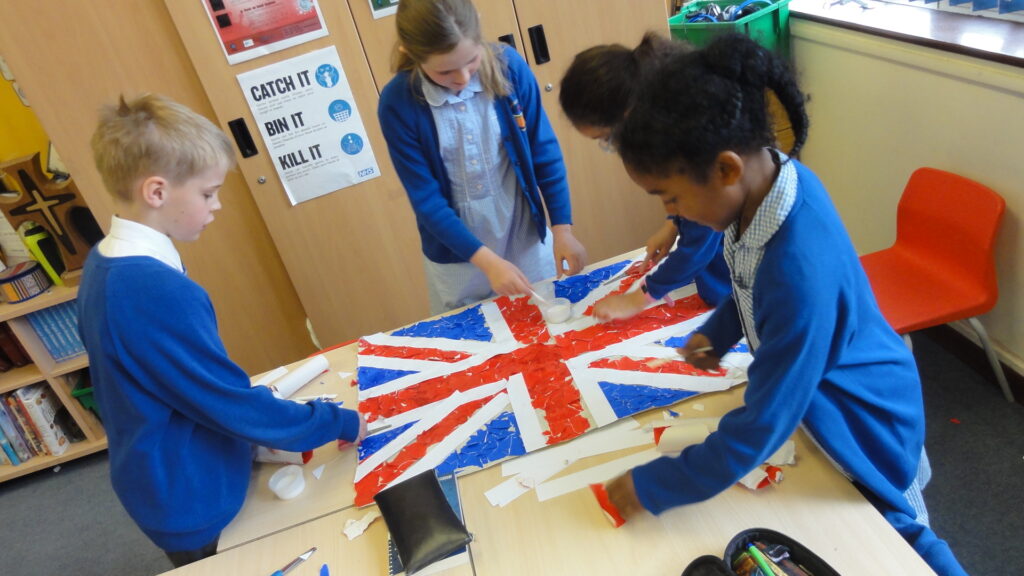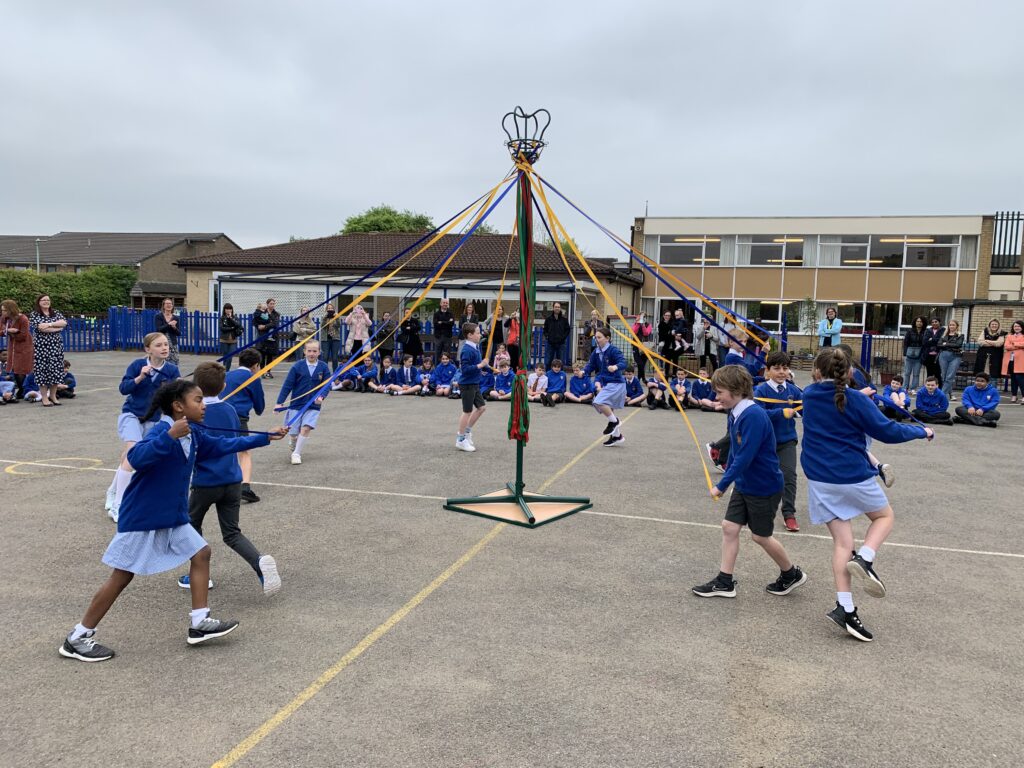Welcome back, Year 6 – in both senses. It has been lovely to welcome our Year 6 children back to school for the start of a new school year and it has also been really lovely to see how the children have grown since I taught them in Year 4.
It was also great to see lots of parents in school again for our ‘Meet the teacher’ meeting. You can see a copy of my slides below. In this meeting, I shared some of the expectations and ‘house keeping’ for the year, along with information about our curriculum and home learning. You can download a copy of the information leaflet for parents using the link below. A further copy, along with our Home learning Grid is available for the children in the Google Classroom.
It has been a momentous start to the term: a new year, a new classroom (and new carpet!) along with more significant changes for our country, with a new Prime Minister and then a new King. As we prepare for the bank holiday to mark the day of the funeral, the children have worked together to write a prayer for the late Queen.
Prayer for Her Majesty the Queen
King of Kings,
Thank you for the life of Her Majesty the Queen.
Thank you for the Queen’s commitment to our country and the service she has given us.
We thank you for being by the Queen’s side and guiding her during her long reign.
We ask you to guide King Charles III in following his mother’s footsteps and to help the Royal family at this difficult time.
Help us to be like the Queen in her example of service to each another.
Grant to the Queen eternal rest.
We make our prayer through Jesus, your Son,
Amen
